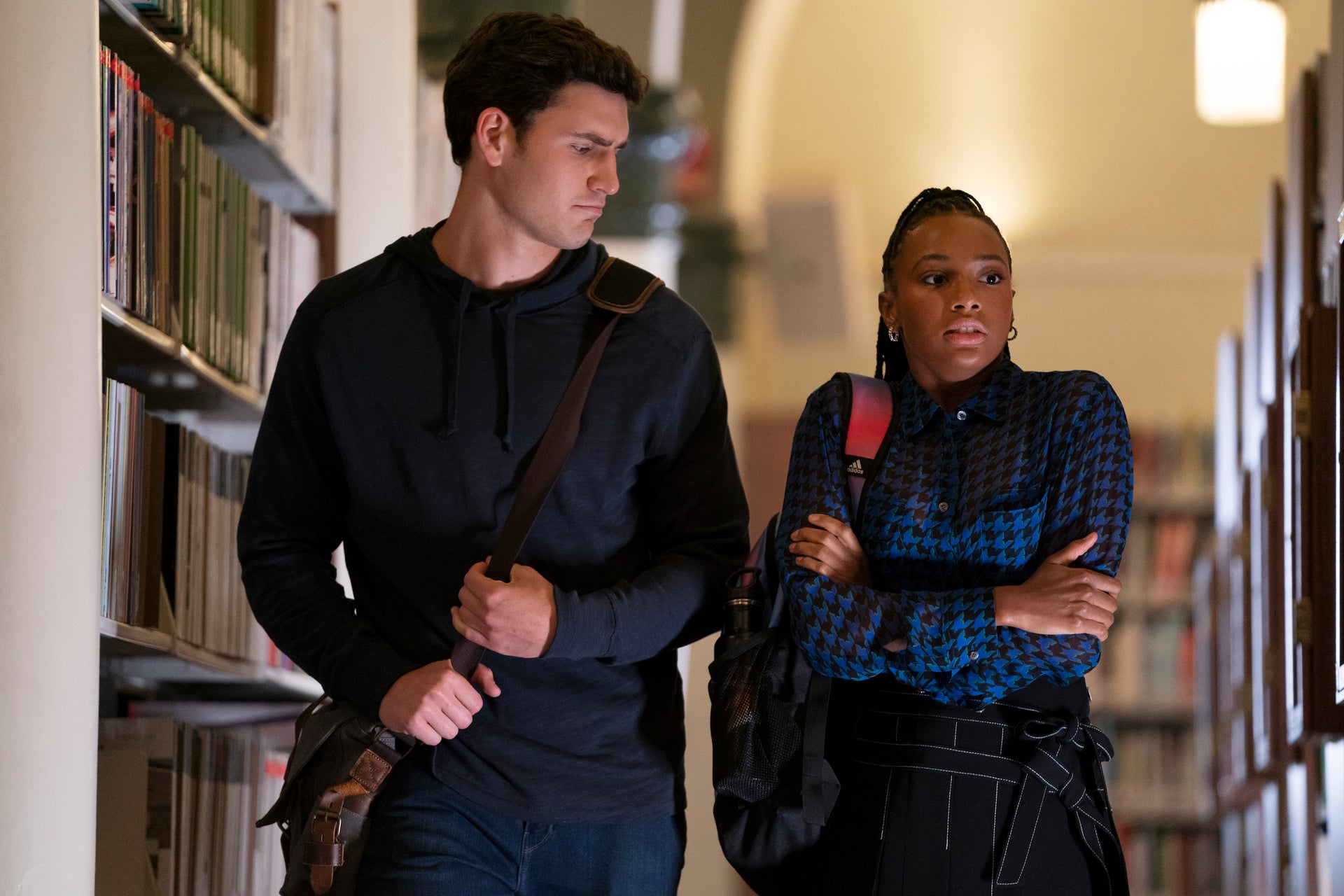Diversity in Hollywood remains stunted despite move towards intersectionality, finds report
Visibility for people with disabilities was deemed ‘by far and away the worst’
Your support helps us to tell the story
From reproductive rights to climate change to Big Tech, The Independent is on the ground when the story is developing. Whether it's investigating the financials of Elon Musk's pro-Trump PAC or producing our latest documentary, 'The A Word', which shines a light on the American women fighting for reproductive rights, we know how important it is to parse out the facts from the messaging.
At such a critical moment in US history, we need reporters on the ground. Your donation allows us to keep sending journalists to speak to both sides of the story.
The Independent is trusted by Americans across the entire political spectrum. And unlike many other quality news outlets, we choose not to lock Americans out of our reporting and analysis with paywalls. We believe quality journalism should be available to everyone, paid for by those who can afford it.
Your support makes all the difference.A new report has found that Hollywood’s representation of most marginalised groups remains poor.
The film and TV industry has, however, improved its production of intersectional content, according to a report released by data company Luminate.
The Entertainment Diversity Progress Report, released on Monday (17 April) at the National Association of Broadcasters Show in Las Vegas, found that Hollywood’s creators are increasingly considering how individuals are defined by multiple identities across race, gender, sexuality and other areas.
While content that recognises the intersections of these identities allows films and series “to better explore and reflect the nuances of the human experience”, diversity within representation remains an ongoing issue.
When it comes to Indigenous talent, opportunities behind the camera were described as “almost non-existent”, with just three Indigenous film directors named in 2021, and only four in 2022. On screen, only eight per cent of films had at least one Indigenous main title cast member, and only three films centred on an Indigenous story in a way that was not “exploitative or tokenised”.
Of all groups analysed, visibility for people with disabilities was deemed “by far and away the worst”.
The number of main title cast roles for people who identify as having a disability decreased from five in 2021 to three in 2022. Since 2021 this means that less than one per cent of films featured a main title cast member with a disability.
Over the same period, not one film director identified as having a disability, yet Hollywood released 15 films centering disabled narratives.

“The big question that this raises is why studios and networks wouldn’t hire the people from this community whose stories are being used to make money,” said the report.
Although there was some improvement in representing gender diversity, progress remains stunted on several fronts.

Watch Apple TV+ free for 7 days
New subscribers only. £8.99/mo. after free trial. Plan auto-renews until cancelled

Watch Apple TV+ free for 7 days
New subscribers only. £8.99/mo. after free trial. Plan auto-renews until cancelled
While Bella Ramsey has drawn acclaim for her role in The Last of Us, non-binary actors made up just 0.8 per cent of “series regular” roles and 0.5 per cent of main title cast roles in films. The number of series regulars played by women also decreased between 2021 and 2022.

Similarly, despite being one of the fastest growing communities in the US, representations of Latin and Hispanic people decreased “across the board”.
The report found mixed progress for the Black community after commitments made by various studios to fund more projects with Black talent following the death of George Floyd and subsequent Black Lives Matter protests in 2020.
Last year, the number of Black people in main title roles increased by over 20 per cent, though the number of movies with Black stories at the forefront decreased by 16.7 per cent.
“While on the one hand it is a good sign that there are more opportunities for Black talent in film and increasingly in films that aren’t being typecast specifically around Black narratives, it is disheartening to see fewer films depicting Black narratives,” stated the report.
Meanwhile, it’s claimed that the apparent growth in Asian representation in TV series is being “heavily propped up by Netflix’s investment in in-language content”.
Among films and series commended for their diversity and intersectionality were Neptune Frost, HBO’s The Sex Lives of College Girls, and FX‘s Reservation Dogs.
The report is based on an analysis of scripted live action projects from the US, UK and Canada over the calendar year 2021 to 2022.




Join our commenting forum
Join thought-provoking conversations, follow other Independent readers and see their replies
Comments